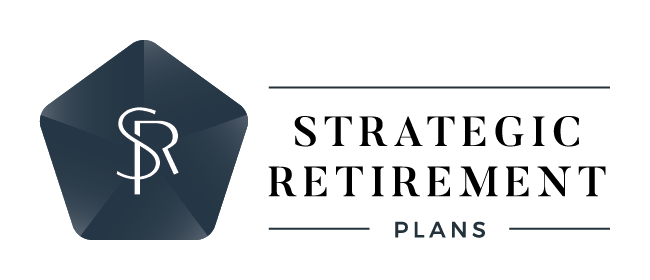Winter Preparation Checklist
Are you ready for colder weather and the end-of-the-year rush? Consider using some of these tips to help you save money and time as winter approaches.
Ready your home and car
Your house and vehicle can be costly to repair if you don’t keep them in shape. Whether or not you’re expecting a cold winter, it’s wise to spend some time now on annual maintenance. Here are a few items to check on as the winter months near:
- Heating and cooling account for almost half of home energy costs. Ensuring that your windows and doors are sealed tight and that you have sufficient insulation will go a long way toward keeping heating bills in check.
- Have your home heating system serviced by a professional on at least a biannual basis to avoid emergency problems down the road. Drain your irrigation system to ensure that water won’t freeze in the lines. If you have an old furnace, consider upgrading to a more efficient model. You may even want to schedule an energy audit to help you identify ways to boost your home’s efficiency.
- Be sure to clean out your gutters. Clogged gutters can cause water to back up against the house, damaging roofing, siding, and wood trim. Debris-filled gutters can also lead to leaks and ice dams.
- Check your car battery and tires to avoid getting stuck unprepared on the road. Be sure that your car’s emergency kit is fully stocked with extra gloves, hats, socks, blankets, boots, washer fluid, a flashlight, a car charger for your cell phone, a shovel, and flares.
Shop smart
Start thinking “holiday” long before the season officially begins. Getting a head start on your planning and shopping is a great way to keep holiday spending (and stress) under control.
- Buy your gifts early. Making a list well ahead of time and budgeting for each item can help you cut back on spontaneous last minute-spending.
- Fall can be the best time to purchase certain items. Appliances, patio furniture, jeans, candy, cookware, cars, electronics, toys, and wedding supplies are just some of things that may be discounted from October to December.
- If you’re traveling by air for the holidays, finding affordable flights can be tricky. Start looking for tickets as soon as you decide to travel, and sign up for airfare alert services to stay on top of cheaper flights. In some cases, booking one-way tickets on separate airlines may be cheaper than purchasing a round-trip ticket from one carrier.
- Make your supermarket points work for you. Many stores let shoppers earn points that they can apply to larger holiday purchases. If you bounce from store to store, weigh the possible benefits of sticking to one during the holiday season.
Max out your retirement contributions
- Are you taking full advantage of your retirement account? The end of the year is a good time to reevaluate your contributions based on what your employer is willing to match. Check the 2014 retirement plan limits below to ensure that you’re making the most of your contributions.
| RETIREMENT PLAN LIMITS | |
| 401(k), SAR-SEP, Sec. 457(b), 403(b) Elective Deferral Limit | $17,500 |
| Age 50+ Catch-Up for 401(k), SAR-SEP, 457(b), 403(b) | $5,500 |
| SIMPLE Elective Deferral Limit | $12,000 |
| Age 50+ Catch-Up for SIMPLE IRA | $2,500 |
| Traditional and Roth IRA Contributions | $5,500 |
| Age 50+ Catch-Up for IRA and Roth IRA | $1,000 |
Invest in your health
- Don’t put off getting in shape until the New Year—start now! Check with your employer and health insurance provider about discounts or reimbursements for fitness and wellness activities. You may be able to take advantage of those programs for end-of-the-year membership dues.
- Review the balance in your flexible spending account (FSA). FSAs require special attention so that you don’t lose unused funds at year-end. Under a new law, companies may allow employees to roll over $500 in FSA funds to the next year. Be sure to check the rules of your FSA plan and review your available balance.
Take a break
- More than a third of companies don’t allow employees to roll over vacation days into the next year. If this is the policy at your workplace, be sure to take advantage of your vacation days now. Not only will you lose these days if you don’t use them, but not taking time off can hurt your productivity and well-being.
Don’t make the end of the year more stressful than it needs to be. By checking some items off your list a month or two earlier, you’ll be free to focus on what’s important during the holidays—spending time with family and friends.
© 2014 Commonwealth Financial Network®


